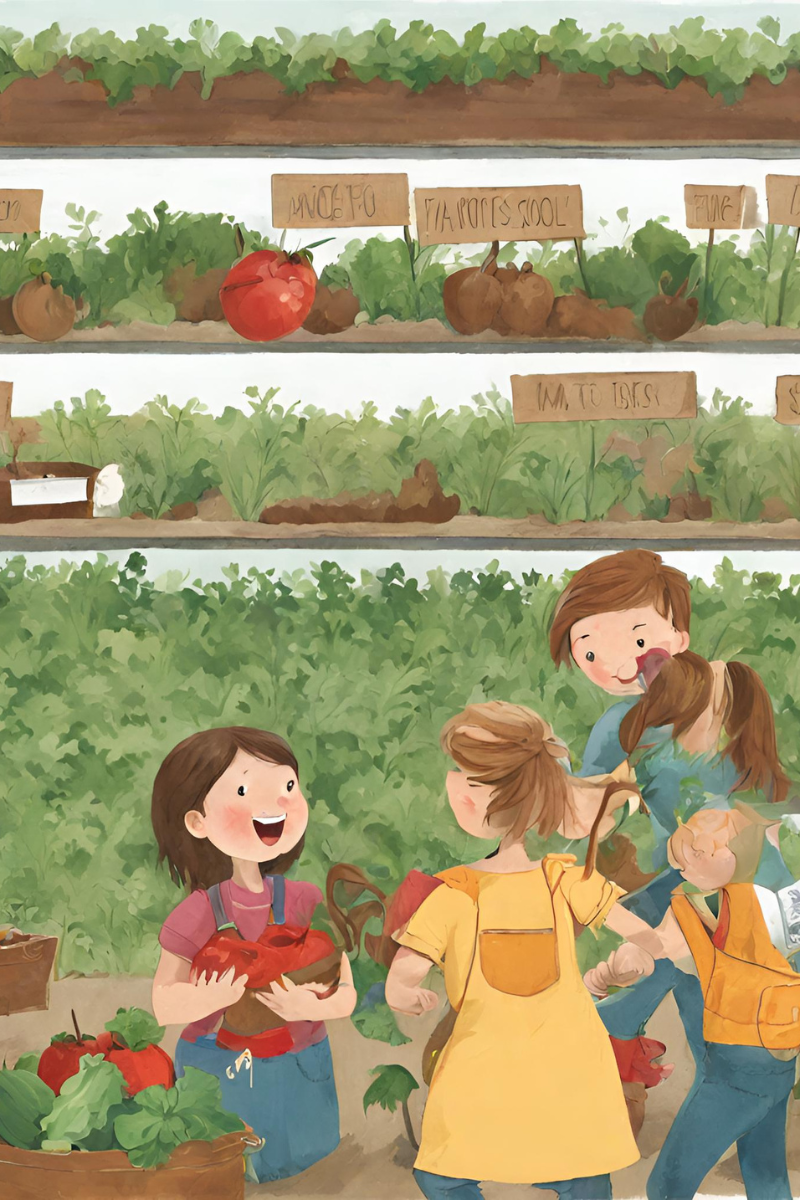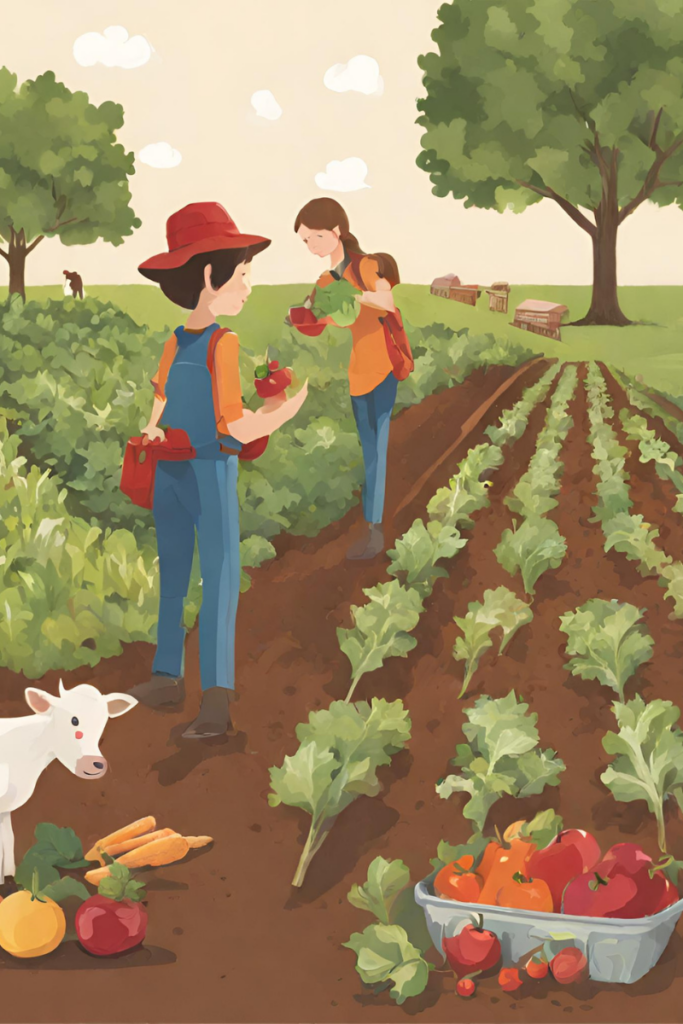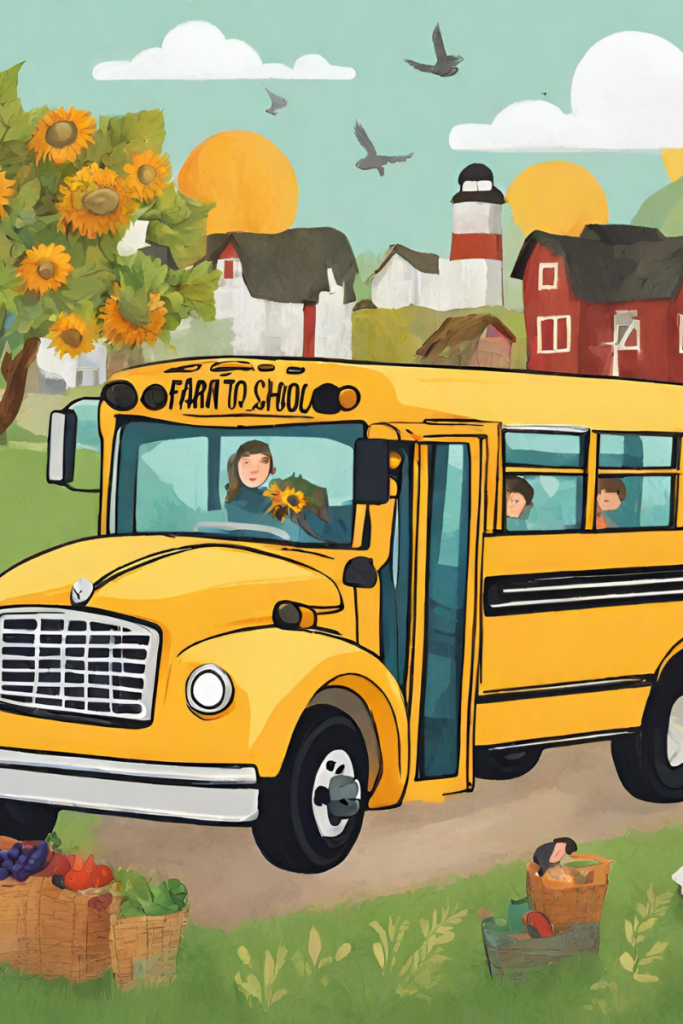
For decades, school lunch programs have been a critical part of the education system, ensuring that students receive the nourishment they need to thrive. However, in recent years, there has been a shift in how school lunches are sourced and prepared, thanks to the rise of farm-to-school initiatives. These programs are revolutionizing school lunch programs by emphasizing the importance of fresh, locally sourced ingredients, and providing valuable educational opportunities for students. In this article, we will explore the impact of farm-to-school initiatives and how they are transforming the way we think about school lunch programs.
The Rise of Farm-to-School Initiatives
Farm-to-school initiatives have gained momentum across the country in response to concerns about the quality and nutritional value of school lunches. These programs aim to connect schools with local farmers and food producers, providing students with access to fresh, seasonal fruits and vegetables, as well as other locally sourced products. By forging these partnerships, farm-to-school initiatives not only support local economies but also promote healthier eating habits among students.
Benefits of Farm-to-School Initiatives

The benefits of farm-to-school initiatives are wide-ranging and impactful, encompassing both the health and education of students. Some of the key advantages include:
-
- Improved Nutrition: By incorporating fresh, locally sourced ingredients into school lunches, farm-to-school initiatives help to ensure that students are receiving the nutrients they need to support their growth and development.
-
- Support for Local Farmers: Building relationships with local farmers and food producers creates a mutually beneficial partnership, allowing schools to support the local economy while also providing students with high-quality, diverse food options.
-
- Education and Awareness: Farm-to-school programs offer valuable educational opportunities, allowing students to learn about where their food comes from, the importance of sustainable agriculture, and the benefits of eating fresh, healthy foods.
-
- Environmental Impact: By sourcing ingredients locally, farm-to-school initiatives reduce the carbon footprint associated with food transportation, contributing to a more sustainable and eco-friendly approach to school lunches.
Success Stories and Case Studies
Several schools and districts have successfully implemented farm-to-school initiatives, yielding positive outcomes for their students and communities. One notable example is the Berkeley Unified School District in California, which has been at the forefront of the farm-to-school movement for over a decade. Through partnerships with local farms and community organizations, Berkeley Unified has been able to increase the percentage of fresh, locally sourced ingredients in their school meals, leading to improved nutrition and satisfaction among students.
Another success story comes from the state of Vermont, where the farm-to-school movement has gained significant traction. The Vermont Agency of Agriculture, Food, and Markets has actively supported farm-to-school programs, providing resources and assistance to help schools connect with local farmers and integrate fresh, seasonal produce into their menus. As a result, Vermont schools have seen an increase in student participation in the lunch program and a greater appreciation for locally sourced foods.
Challenges and Opportunities

While the benefits of farm-to-school initiatives are evident, there are also challenges that schools may encounter when implementing these programs. Some of the key challenges include:
-
- Logistical Considerations: Sourcing ingredients locally requires careful planning and coordination, especially when it comes to ensuring a steady supply of fresh produce throughout the school year.
-
- Cost and Budget Constraints: Purchasing locally sourced ingredients may initially result in higher costs for schools, particularly if they are transitioning from more processed or commodity-based food options.
-
- Educational Outreach: In order to fully maximize the educational benefits of farm-to-school initiatives, schools must invest in curriculum development and hands-on learning experiences that connect students with local food systems.
Despite these challenges, the opportunities presented by farm-to-school initiatives are vast. By engaging with local farmers and food producers, schools have the chance to not only enhance the nutritional quality of their meals but also to foster a deeper appreciation for where food comes from and how it is grown.
Looking to the Future
As the farm-to-school movement continues to gain momentum, it is essential to recognize the potential for further innovation and growth in school lunch programs. By expanding access to fresh, locally sourced ingredients and integrating food education into the curriculum, schools have the opportunity to shape the next generation’s understanding of food, nutrition, and sustainability.
Furthermore, as the demand for locally sourced, sustainable food continues to grow, farm-to-school initiatives have the potential to drive positive change not only within schools but also within the larger food system. By supporting local farmers and promoting healthy eating habits, these programs are contributing to a more resilient, equitable, and environmentally conscious approach to school lunch programs.
Conclusion
Farm-to-school initiatives are transforming school lunch programs by emphasizing the importance of fresh, locally sourced ingredients and providing valuable educational opportunities for students. The benefits of these programs, including improved nutrition, support for local farmers, and environmental impact, are clear indicators of the positive changes they are bringing to school communities. As the movement continues to grow, the opportunities for innovation and education in school lunch programs are endless, offering a promising vision for the future of food in schools.
If you are open to welcome schools at your farm, sign up to our platform here, and showcase you are open for school trips.
 Docs
Docs
 Support
Support




















 Home
Home  Whishlist
Whishlist  Cart
Cart 

















